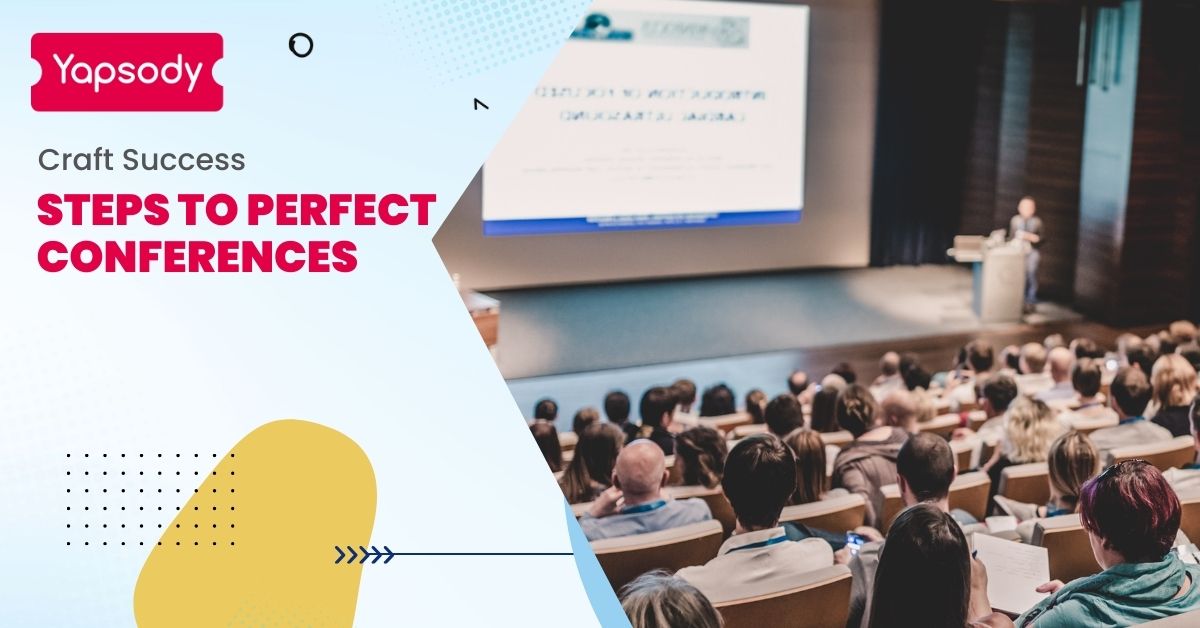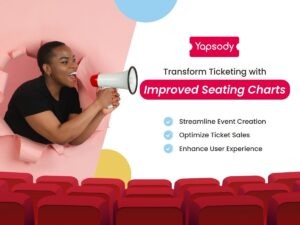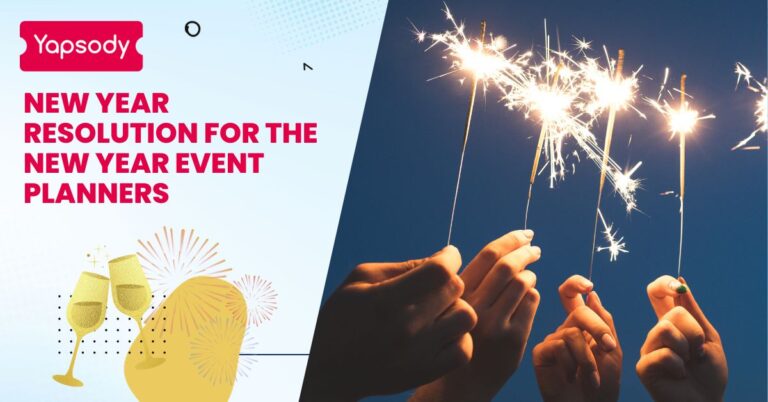Conferences are a great space for like-minded people of the same industry to converge to share new ideas and experiences. While a well-planned conference can give your brand a good reputation, planning one right from the start can be quite a task.
Step 1: Plan Early
Start planning early. For large conferences, plan a year in advance. Create an event checklist of everything you’ll need. From venue, date, budgets to the speaker, food management, event ticketing, and event technology, note down every minute aspect, so you don’t miss out on anything last minute.
Step 2: Pick A Theme
Be it a tech conference or educational conference, decide your theme as soon as you get into your planning phase. It doesn’t need to be an extended brainstorming session as we’re here are a few things that can help you choose your theme.
- What message do you want to convey through your conference?
- Who is your target audience?
- What are the key takeaways from your conference?
The main focus should be to connect with your attendees through your theme. For example, if you’re organizing a career counseling conference, your theme can be “Kickstart your Career” along with a hashtag like #kickstartyourcareer to make it popular.
Step 3: Streamline Team Responsibilities
Organizing a conference isn’t a one-man show unless you’re Dr.Banner(Hulk) from Avengers. The most complex tasks can be achieved through effective planning and delegation. To make your conference event successful, you’ll need multiple teams to handle dedicated tasks for event management, event marketing, logistics, people management, and so on.
Streamline those teams for planning, administration, marketing and volunteers with our User-Access Control feature by delegating tasks and tracking the completion to ensure there’s no delay.
Step 5: Finalize the Venue & Date
If your conference is going to attract a huge audience, ensure to book the venue well in advance. Few questions you need to ask yourself while booking your venue:
- What’s the distance from the airport?
- Is the location easily accessible?
- Is parking available for attendees?
- Is it in your budget?
- Does it take hours(due to traffic) to get to the venue?
While you book the venue, decide the date at the same time. Ensure your conference doesn’t conflict with any important event or festival days. Also, check with the speaker fully available to devote their time.
Step 6: Vendor Management
Typically, conferences are held at hotels and they provide onsite catering facilities. However, if you’re venue doesn’t offer food arrangements, find a caterer close to the venue. Decide on what refreshments you’re planning to offer your attendees.
You can use our Questionnaires & Surveys feature to find out if any of your attendees have any food restrictions or are on a diet. Don’t jeopardize the conference due to technical glitches. Imagine the conference is about to begin and the projector stops working. Find a vendor to take care of all the technical aspects related to the conference.
Step 7: Choose the Right Speaker
After the venue is booked and the dates are decided, finalize your keynote speakers. The speaker is the face of your brand and can make or break your event. Create a difference for your attendees with an inspirational and motivational speaker as well as someone who can keep your attendees engaged throughout, either through activities or experience sharing.
Step 8: Target the Right Audience
Let’s say you’re organizing a medical conference for the health and wellness community. Create a precise set of marketing personas by segregating audiences and speakers by choosing the industry as health and medical services. You can also target a specific location, for example, you’re hosting your conference in New York, you can add Ohio, New Jersey, and Maryland so attendees’ from those states can attend your conference.
Step 9: Flexi Ticket Pricing
Pricing your ticket can be tricky as your conference may attract attendees from different parts of the world, so overpricing your ticket is not recommended. Once you have defined your budgets, know your expenses and the number of attendees expected at the conference, you can use our event pricing strategy to set up the price of the tickets.
Give your conference attendees a choice of multiple ticket types or Flexi-ticket pricing based on the event seating or perks attached to it.
Step 10: Post-Event Feedback
Your attendees’ success and satisfaction are a projection of your hard work. Once the event is over, take feedback about how the overall conference was, about the speaker, the arrangements, and what they didn’t like. That way you can use the feedback to improve your next conference and make it successful with their valuable tips.
Also, thank your attendees for taking the time out for the event and attending the conference. With appreciation emails and the conference experience, your attendees feel valued and look forward to attending the next conference with more zest.
While you add value and knowledge to your attendees, we’d like to add value to your event creation, management, branding, and marketing.
Once you’ve planned your conference, sign up with us and experience the best-in-class event ticketing.










